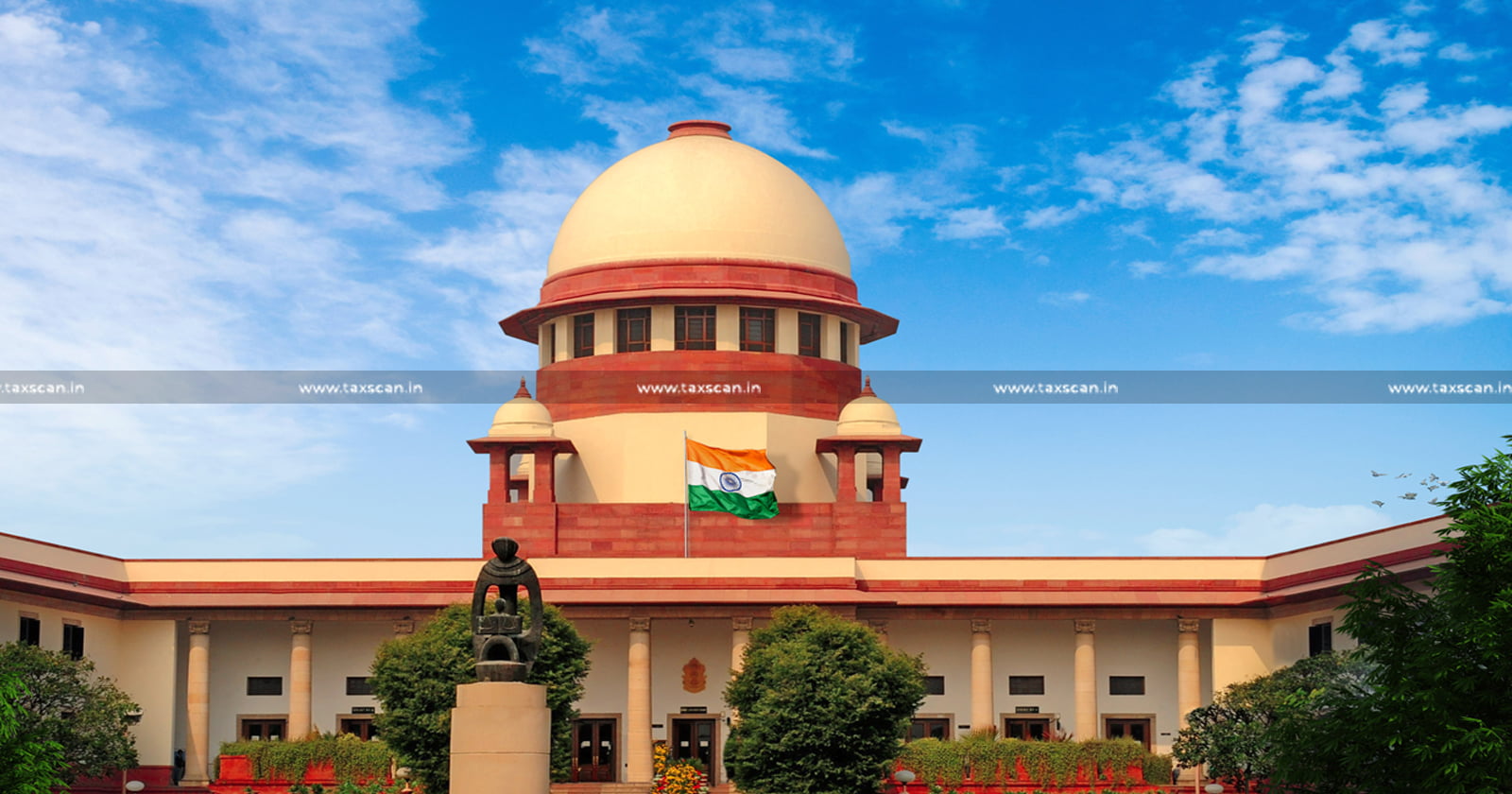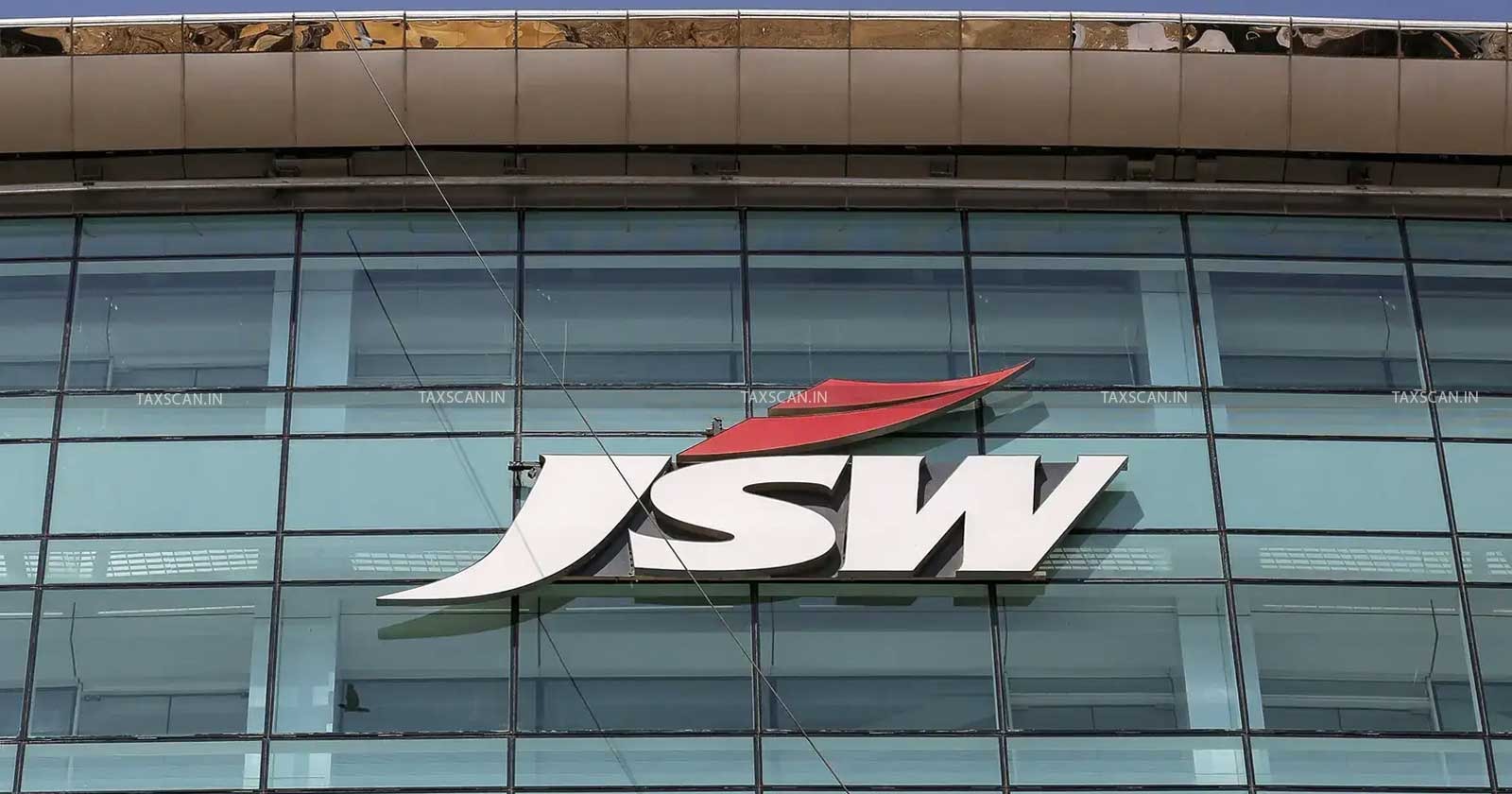Supreme Court Reopens IBM India Case to Decide Whether Payments to IBM Philippines Are Taxable as Technical Services Despite DTAA Protection [Read Judgement]
The Supreme Court reopens this case as its involves important legal issues regarding international taxation, DTAA interpretation, and TDS liability
![Supreme Court Reopens IBM India Case to Decide Whether Payments to IBM Philippines Are Taxable as Technical Services Despite DTAA Protection [Read Judgement] Supreme Court Reopens IBM India Case to Decide Whether Payments to IBM Philippines Are Taxable as Technical Services Despite DTAA Protection [Read Judgement]](https://images.taxscan.in/h-upload/2025/08/04/2072944-supreme-court-ibm-dtaa-taxscan.webp)
The Supreme Court of India reopened a previously dismissed case concerning the tax treatment of payments made by IBM India Pvt. Ltd. to IBM Philippines, to determine whether such payments are taxable as Fees for Technical Services (FTS) under Indian tax law despite the provisions of the India-Philippines Double Taxation Avoidance Agreement (DTAA).
IBM India Pvt. Ltd. had entered into an agreement with Procter & Gamble (P&G) India to provide payroll and related services. To fulfill this agreement, IBM India subcontracted the work to IBM Business Services, Philippines.
The Assessing Officer held that the payments made by IBM India to IBM Philippines for these services fell under the category of technical services, and since no tax was deducted at source under Section195 of the Income Tax Act, IBM India was treated as an assessee in default under Section 201.
 Also Read:Supreme Court reinstates Three-Year Experience Requirement for Civil Judge Aspirants, overhauls Judicial Promotion Quotas
Also Read:Supreme Court reinstates Three-Year Experience Requirement for Civil Judge Aspirants, overhauls Judicial Promotion Quotas
IBM India challenged this finding before the Income Tax Appellate Tribunal (ITAT), which ruled in its favor. The Tribunal held that the services rendered by IBM Philippines were not technical in nature but were business services and, under Article 7 of the India-Philippines DTAA, were taxable only in the Philippines because IBM Philippines did not have a permanent establishment in India.
The Karnataka High Court upheld this decision, agreeing with the Tribunal’s view that the income in question constituted business profits, not technical fees, and that IBM India was not liable to deduct tax at source.
Dissatisfied with the High Court’s judgment, the Revenue Department approached the Supreme Court by filing a Special Leave Petition. However, the Supreme Court initially dismissed the case on the grounds of low tax effect, following its standard practice of not admitting appeals that do not meet a minimum monetary threshold.
The Revenue filed a restoration application, arguing that the case raised important legal questions relating to the interpretation of FTS under Indian tax law and its interaction with the DTAA. The Revenue’s counsel argued that despite the DTAA, the nature of the services should qualify as technical services under Section 9(1)(vii) of the Income Tax Act so making the payments taxable in India.
 Also Read:Relief to JSW Steel: Supreme Court upholds CESTAT Order Allowing Cenvat Credit [Read Judgement]
Also Read:Relief to JSW Steel: Supreme Court upholds CESTAT Order Allowing Cenvat Credit [Read Judgement]
The bench comprising Justices J.B. Pardiwala and R. Mahadevan agreed to reconsider the matter. They observed that the earlier dismissal on the ground of low tax effect was inadvertent, as the case involved important legal issues. The Court allowed the application for restoration, condoned the delay in filing the application, and reinstated the Special Leave Petition for hearing on merits.
The Supreme Court’s order to restore the matter now opens the door for a substantive decision on whether cross-border service payments in similar outsourcing arrangements can be taxed as technical services under domestic tax law, even when the DTAA provisions seem to exempt them.
Support our journalism by subscribing to Taxscan premium. Follow us on Telegram for quick updates


